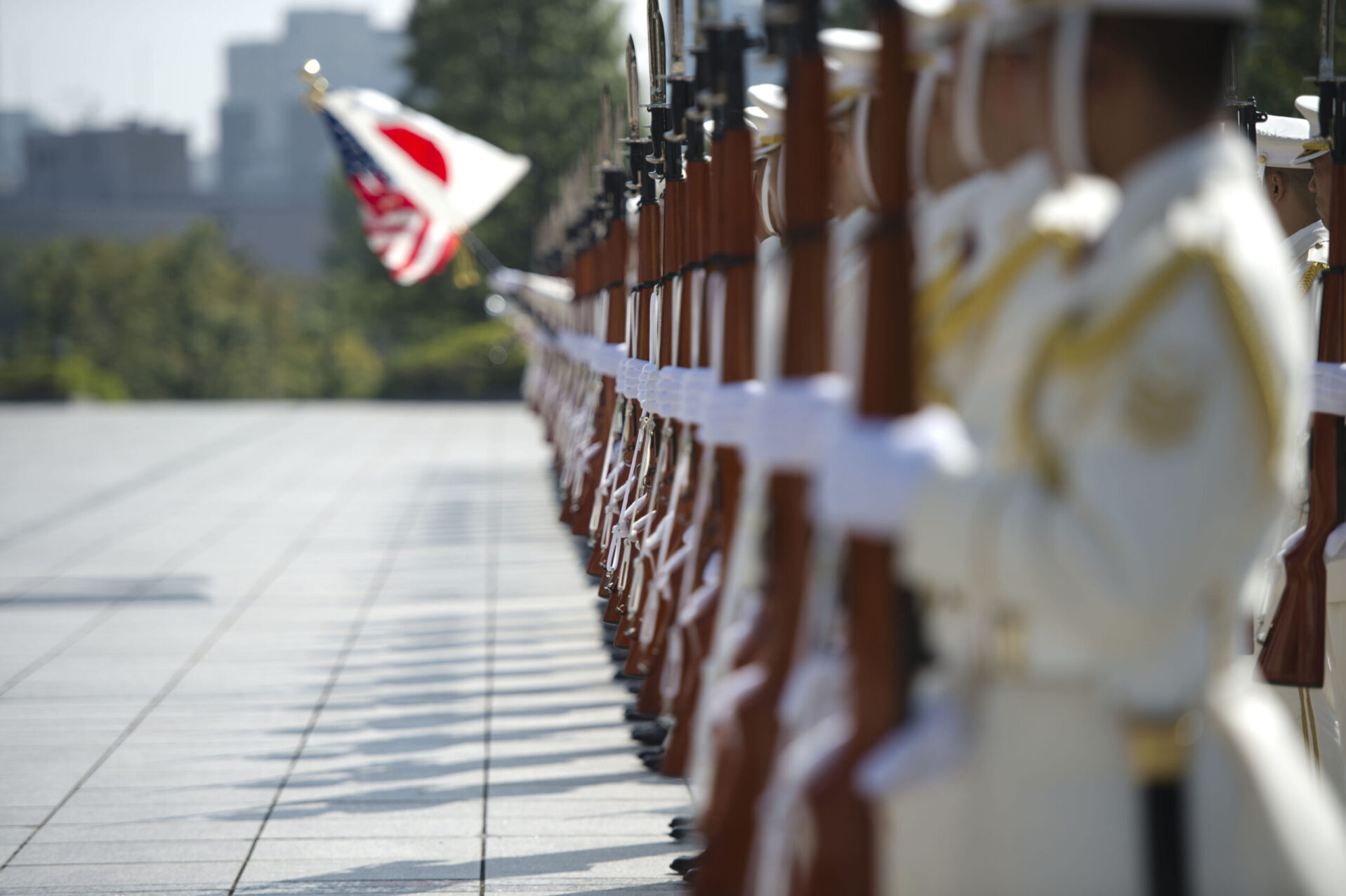Submission Statement
The 2022 Russian invasion of Ukraine has forced many countries to reevaluate their security postures, and Japan is no exception. In fact, the Ukraine War is exceptionally relevant to Japan’s security situation, given that the island nation may soon find itself indirectly or directly supporting a different democracy under threat by an authoritarian power. Given that context, this article provides a valuable starting point for some of the lessons that Japan can take away from the current conflict. In particular, the emphasis on logistics, stockpiles, and sustainment is a key element that has received renewed focus during this war and will arguably be even more important in a war over Taiwan.
Jeffrey W. Hornung is a senior political scientist at the RAND Corporation and an adjunct professor at Georgetown University.
Japanese leaders have already begun internalizing key lessons from Ukraine. As shown in a triad of strategic documents released last December, Tokyo is ramping up spending on munition stocks, maintenance, and base hardening and readiness, as well as making new investments across all domains. But despite this, Japanese officials are silent on whether they are preparing for a short conflict or a long one. This matters because, as the Ukrainian war demonstrates, a protracted struggle could require different plans from the ones Japan is possibly making.
Any conflict involving China and the United States is unlikely to be a short one. For Japan to participate effectively in any East China Sea conflict — even in its own defense — Japanese forces should take six key lessons from the current fight in Ukraine: prepare for a protracted conflict; ensure an adequate logistics posture; be ready for active combat; assist the broader fight; use unmanned capabilities; and sustain the will to fight. Addressing these issues can help Japan — and the alliance — become better prepared to rapidly respond in support of U.S. operational timelines.

